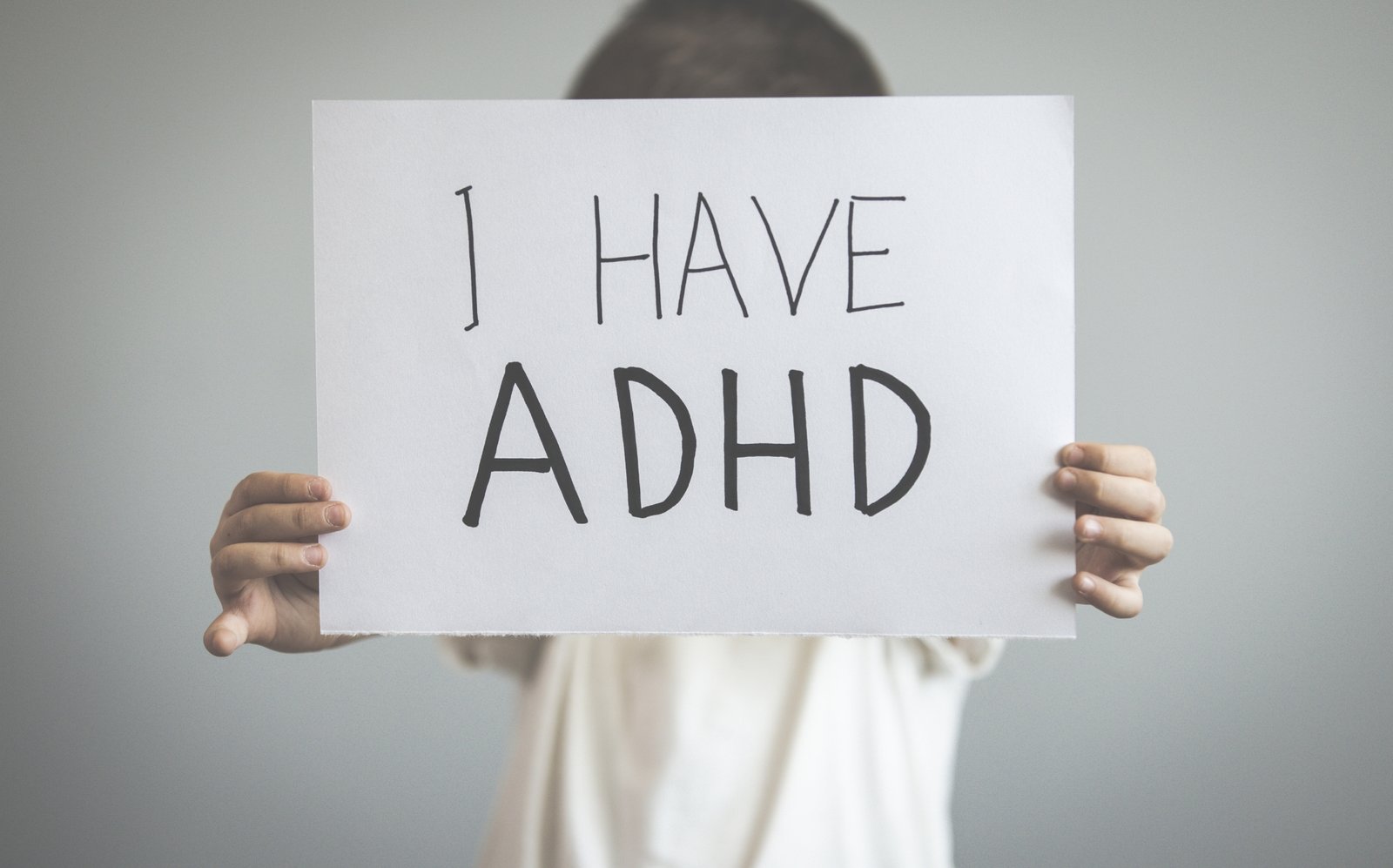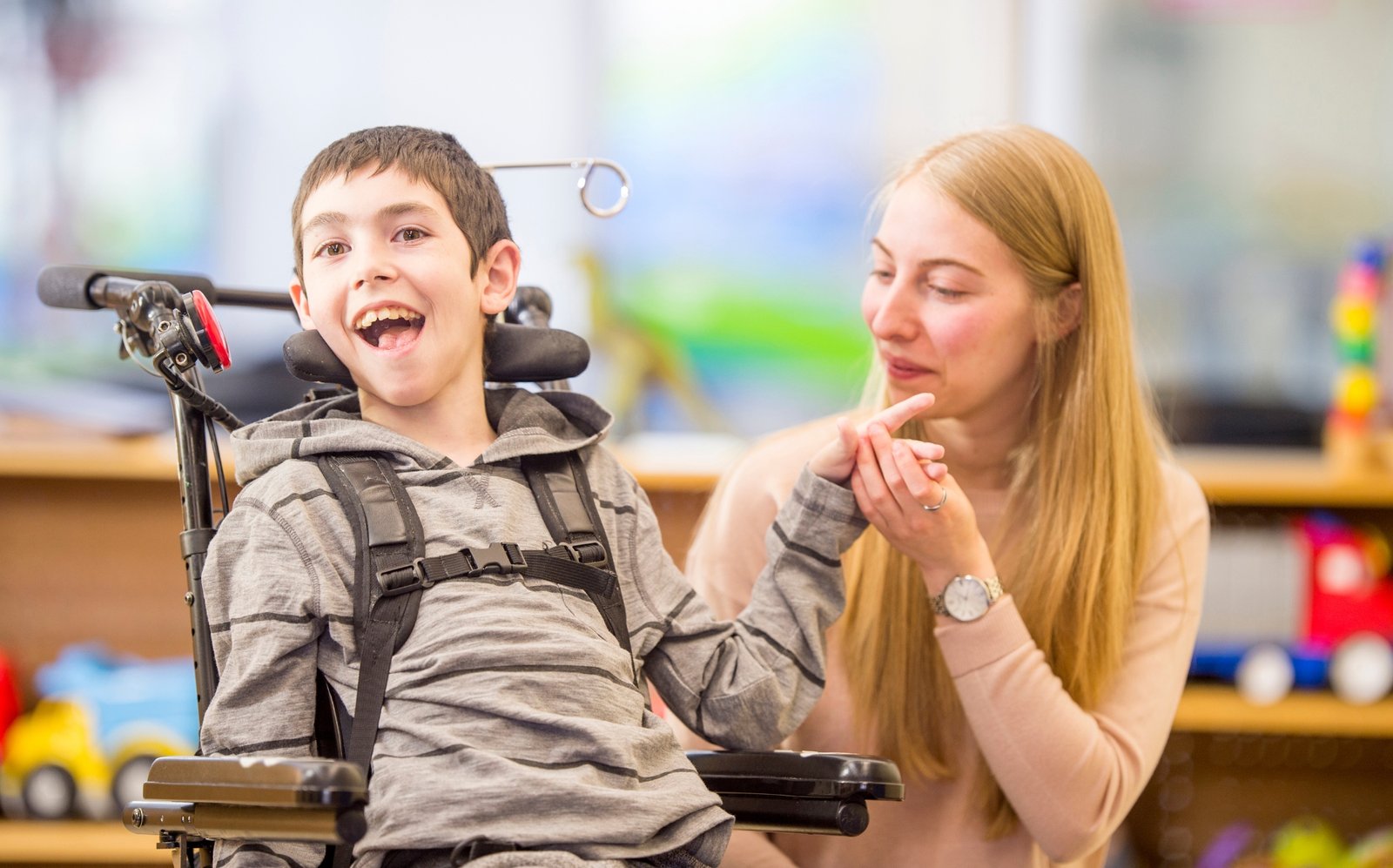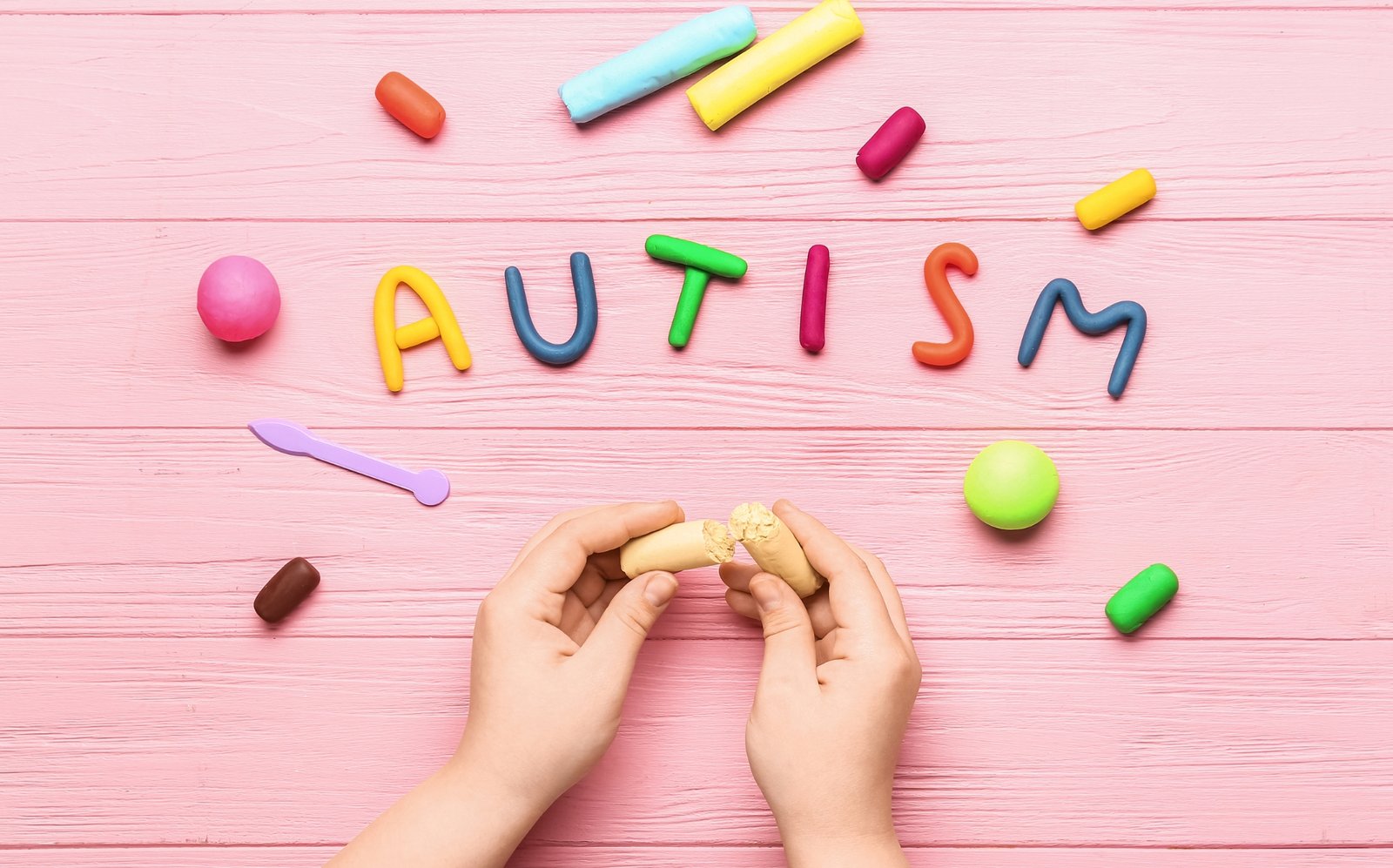
Managing Time: Helping Children with ADHD
Managing time can be a significant challenge for children diagnosed with Attention-Deficit/Hyperactivity Disorder (ADHD). ADHD is a neurodevelopmental disorder that affects a child’s ability to focus, control impulses, and regulate their behavior. One of the key areas of difficulty for children with ADHD is managing their time effectively. This challenge can impact various aspects of their lives, including school, homework, chores, and extracurricular activities. However, with the right strategies and support, parents, caregivers, and educators can help these children develop better time management skills.
Understanding ADHD and Time Management:
ADHD is characterized by a range of symptoms, including inattention, hyperactivity, and impulsivity. These symptoms can make it difficult for children to organize their tasks, prioritize activities, and adhere to schedules. Time management requires skills such as planning, setting goals, breaking tasks into manageable steps, and estimating how much time different activities will take. Children with ADHD often struggle with these skills, which can lead to frustration, underachievement, and strained relationships with peers and adults.
Attention-Deficit/Hyperactivity Disorder (ADHD) is a neurodevelopmental disorder that affects both children and adults, impacting their ability to regulate attention, control impulses, and manage hyperactivity. One of the challenges individuals with ADHD often face is difficulties in managing their time effectively. Time management involves the ability to prioritize tasks, estimate how much time is needed for each task, and allocate resources accordingly. For those with ADHD, these skills can be particularly challenging due to the underlying cognitive and behavioral characteristics of the disorder. In this discussion, we will delve into the key aspects of ADHD, its impact on time management, and strategies that can be employed to enhance time management skills in individuals with ADHD.
-
Understanding ADHD:
ADHD is characterized by a persistent pattern of inattention, hyperactivity, and impulsivity that interferes with daily functioning and development. Individuals with ADHD may struggle to focus on tasks, shift attention when necessary, and inhibit impulsive behaviors. This can lead to difficulties in planning, organizing, and executing tasks, including those related to time management. The disorder’s symptoms can vary in severity and presentation, with some individuals primarily struggling with inattention, while others deal more with hyperactivity and impulsivity. ADHD is believed to be caused by a combination of genetic, neurological, and environmental factors that affect the brain’s executive functioning, which includes skills like working memory, cognitive flexibility, and self-control.
-
Impact of ADHD on Time Management:
Effective time management involves several interconnected cognitive processes, such as setting goals, breaking tasks into manageable steps, estimating time required, prioritizing tasks, and adhering to schedules. These processes can be particularly challenging for individuals with ADHD due to their cognitive deficits in executive functioning. For example, difficulties in sustaining attention can result in an inability to focus on tasks for an extended period, leading to tasks taking longer to complete than anticipated. Impulsivity might cause them to switch tasks frequently, disrupting the flow of work and making it hard to stick to a structured schedule. Moreover, poor working memory can hinder their ability to hold and manipulate information needed for planning and sequencing tasks.
Challenges Faced by Children with ADHD:
Children with ADHD often struggle to transition from one activity to another, get easily distracted, and have difficulty focusing on tasks that may not be inherently stimulating. These challenges can make it hard for them to complete assignments, follow instructions, and meet deadlines. For instance, children might find it challenging to start their homework because they get sidetracked by their thoughts, a buzzing fly, or an interesting object in their environment. As a result, time can slip away without them accomplishing their tasks.
Children with Attention-Deficit/Hyperactivity Disorder (ADHD) encounter a multitude of challenges that can significantly impact their daily lives, education, and relationships. ADHD is a neurodevelopmental disorder characterized by difficulties in maintaining attention, controlling impulses, and regulating hyperactivity. These challenges can manifest across various contexts and stages of life, posing unique obstacles for affected children.
One of the primary challenges faced by children with ADHD is inattentiveness. They often struggle to focus on tasks, follow instructions, and complete assignments. This can lead to academic difficulties, as they may miss important information during lessons and have trouble organizing their thoughts for written assignments. Inattentiveness can also hinder social interactions, making it hard for them to follow conversations and engage with others effectively. As a result, they may be perceived as disinterested or aloof, impacting their self-esteem and peer relationships.
Hyperactivity and impulsivity are two other core challenges for children with ADHD. They may find it difficult to sit still, often fidgeting or moving excessively even when it’s not appropriate. This can lead to disruptions in classrooms and public spaces, drawing negative attention and potential frustration from peers and adults. Moreover, their impulsive behavior can lead to poor decision-making, which may result in accidents or conflicts. Impulsivity also makes it challenging for them to think through consequences before acting, affecting their ability to learn from mistakes.
Academic settings pose specific challenges for children with ADHD. Maintaining focus during lectures, organizing class materials, and managing time to complete assignments can be overwhelming. They may struggle with multitasking, shifting between tasks, and adhering to deadlines. These difficulties can lead to academic underachievement, decreased motivation, and feelings of frustration. Moreover, the structured nature of the classroom environment may not align with their need for flexibility and movement, exacerbating their restlessness and potential behavioral issues.
Children with ADHD also face social challenges. Their tendency to interrupt conversations or engage in impulsive behavior can lead to misunderstandings with peers. They may struggle to pick up on social cues and may not recognize the appropriate boundaries in social interactions. As a result, they might experience rejection, isolation, and bullying, which can have a profound impact on their emotional well-being. These difficulties can extend into adolescence and adulthood, affecting their ability to establish and maintain meaningful relationships.
Parenting children with ADHD presents its own set of challenges. Striking a balance between setting boundaries and providing the flexibility they need can be complex. Parents often face judgment from others who might misinterpret their child’s behavior as a result of inadequate discipline. Finding effective strategies to manage their child’s symptoms and behaviors, such as establishing routines and employing behavioral therapies, can be a continuous process of trial and error.
It’s important to note that the challenges children with ADHD face are not insurmountable. With proper support and interventions, they can learn to navigate these difficulties more effectively. Early diagnosis, along with a combination of behavioral therapies, medication, and educational accommodations, can significantly improve their quality of life. Creating a supportive environment that fosters understanding, patience, and tailored strategies is crucial in helping children with ADHD overcome these challenges and reach their full potential. Through a collaborative effort involving parents, educators, and mental health professionals, these children can develop the skills they need to succeed academically, socially, and emotionally.
Strategies for Managing Time:
Establish Routines:
Creating a consistent daily routine can provide structure and predictability for children with ADHD. Having set times for waking up, meals, homework, and bedtime can help them know what to expect and reduce anxiety about transitions.
Use Visual Aids:
Visual aids like schedules, timers, and checklists can be incredibly helpful for children with ADHD. A visual schedule outlining the day’s activities can serve as a guide and reduce confusion about what comes next. Timers can help them allocate specific time slots to tasks, aiding in staying focused and on track.
Break Tasks into Smaller Steps:
Large tasks can be overwhelming for children with ADHD. Breaking them down into smaller, more manageable steps can make them feel less daunting. This approach also provides a sense of accomplishment as each step is completed.
Prioritize Tasks:
Teach children how to prioritize tasks based on importance and deadlines. This skill helps them allocate their limited attention and energy to tasks that matter the most.
Use Positive Reinforcement:
Positive reinforcement, such as praise, rewards, or privileges, can motivate children with ADHD to manage their time better. For instance, they could earn a short break after completing a certain amount of focused work.
Teach Time Estimation:
Help children develop a realistic understanding of time by engaging in activities that involve estimating time, such as guessing how long it takes to complete a puzzle or play a game. Over time, they can develop a better sense of time passing.
Minimize Distractions:
Create a conducive environment for focused work by minimizing distractions. This could involve designating a quiet study space, turning off electronic devices, and providing tools like noise-canceling headphones.
Involvement of Parents and Caregivers:
Parents and caregivers play a crucial role in helping children with ADHD improve their time management skills. By offering guidance, support, and understanding, they can help children develop strategies for success. Open communication is essential to ensure that the child’s specific challenges and strengths are taken into account when creating a plan.
Collaboration with Educators:
Teachers also play a vital role in assisting children with ADHD. Educators can adapt classroom strategies to accommodate the child’s needs, such as providing clear instructions, breaking assignments into smaller parts, and offering more frequent feedback. Regular communication between parents and teachers can facilitate the sharing of insights and adjustments that may be beneficial for the child.
Professional Support:
In some cases, seeking professional support can be highly beneficial. Pediatricians, psychologists, and educators experienced in ADHD can offer tailored strategies and interventions to address time management challenges. Medication might also be considered in consultation with a healthcare provider if it’s deemed appropriate for managing the symptoms.
Patience and Persistence:
Improving time management skills in children with ADHD is a gradual process that requires patience and persistence. Not all strategies will work for every child, so a trial-and-error approach may be necessary to find the most effective techniques. Celebrating small victories and progress can boost the child’s confidence and motivation.
Conclusion
In conclusion, managing time can be particularly challenging for children with ADHD due to their difficulties in focusing, organizing tasks, and regulating impulses. However, with the right strategies and support, these children can develop essential time management skills. Creating routines, using visual aids, breaking tasks into smaller steps, and involving parents, caregivers, and educators are all important components of a comprehensive approach. By recognizing and addressing the unique needs of children with ADHD, we can help them thrive academically, socially, and personally.



